Text
any Romantic writer born after 1758 doesn’t know how to be functional, all they know is be accused of political scandal, renounce marriage and then get married anyway, have untreated mental illness, get sick, move to the Mediterranean, have falling out with former writer friends, be bisexual, and die
235 notes
·
View notes
Photo

( Facebook / Twitter / Instagram / RedBubble / Buy Me A Coffee )
2K notes
·
View notes
Text
John Keats, the barely five feet tall pugilist
"He would fight anyone. It was meat and drink to him."

Oil painting of Keats by William Hamilton
Keats fought fiercely in defense of his friends. A fellow student recalled his pugnacious spirit: “Keats was not in childhood attached to books. His penchant was for fighting. He would fight any one. It was meat and drink to him."
Yet George Keats spoke of his brother’s “nervous, morbid temperament” (perhaps attributable to a complex about being short—“poor little Johnny Keats” was barely five feet tall) and of his having “many a bitter fit of hypochondriasm.” Indeed Keats himself wrote:
“My mind has been the most discontented and restless one that ever was put into a body too small for it.”
159 notes
·
View notes
Text
Me walking for the 3rd time that week into the Keats-Shelley House in Rome: Hello I'm back
Cashier: Oh you've been here before, are you a scholar of Keats and Shelley?
Me: Haha something like that
Me, in my head: They don't know I have a tumblr blog where I post about 2nd gen romantic poets being my blorbos
10 notes
·
View notes
Text
The absolutely beautiful artwork of Stephanie Hans in 'The Wicked and The Divine 1831'. Writing by Kieron Gillen.
'Every ninety years twelve gods return as young people. They are loved. They are hated. In two years, they are dead. The year is 1831. It's happening now. It's happening again.'
Featuring Lord Byron as Lucifer, Percy Shelley as the Morrigan, Mary Shelley as Woden, Claire Claremont as Inanna, John Keates as Hades, Edgar Allen Poe as Thoth, Samuel Coleridge as Morpheus and The Brontes as the Fates.
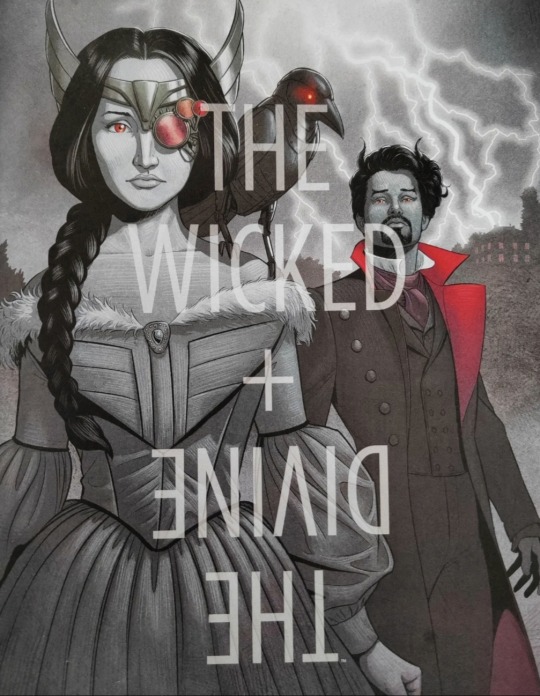
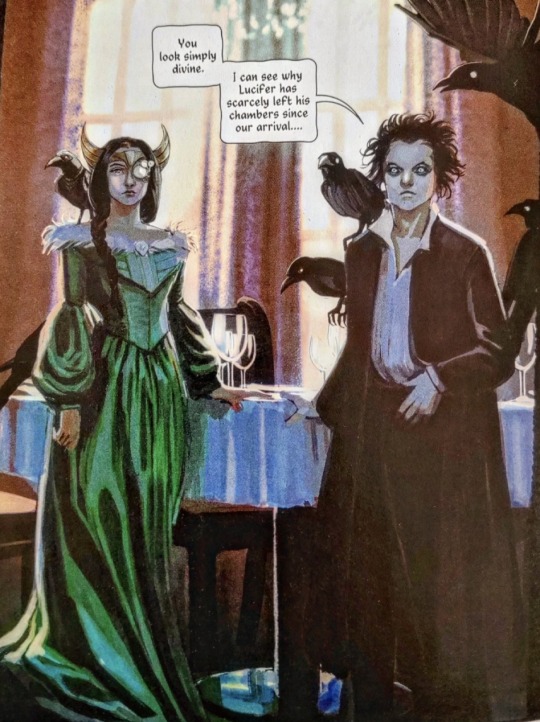

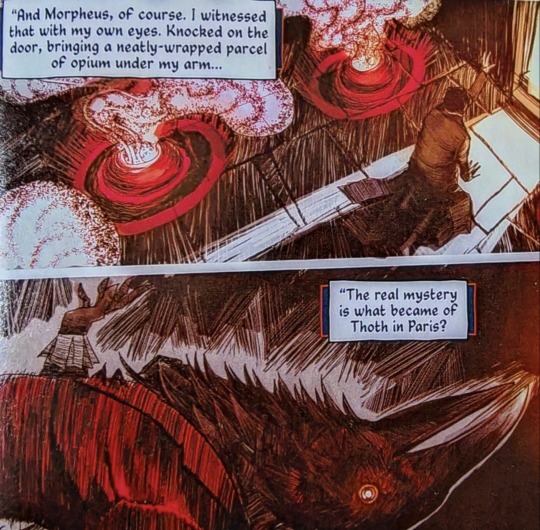
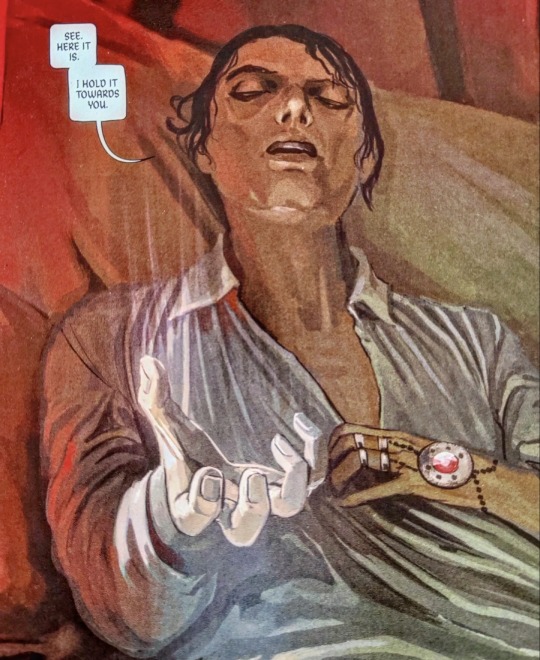
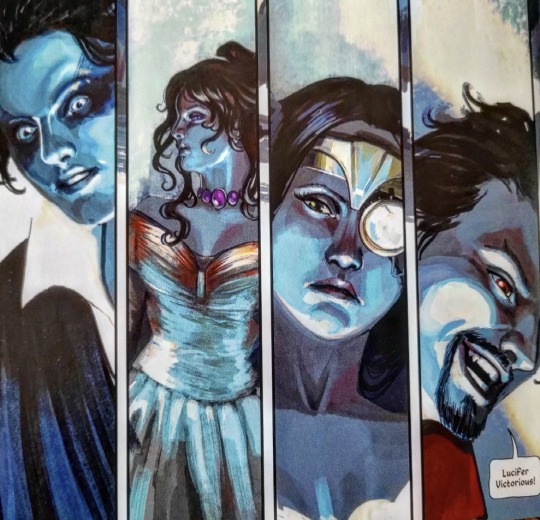
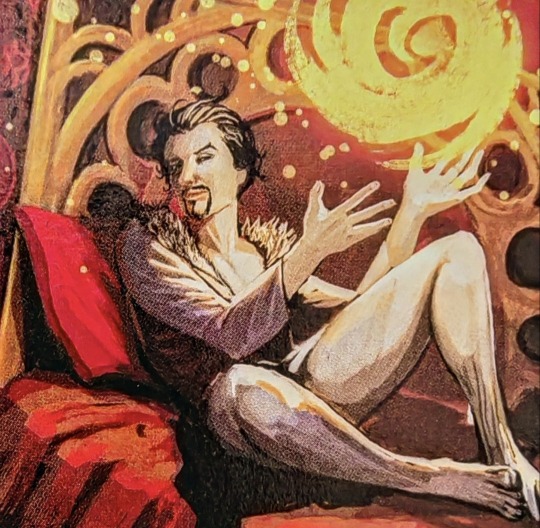
122 notes
·
View notes
Text
I'll be revisiting Newstead Abbey in a couple of weeks, one of my favourite historic houses here in England. So I thought I'd enjoy the early evening sun and do a little homage doodle for it's one time master and one of my favorite historical disasters.

56 notes
·
View notes
Text

Oh my God I’m not sure of the accuracy of this scale but I made one anyways.
1: Jane Austen. Theoretically Romantic, mostly a clever satirist more interested in the novel as the perfect vehicle for social commentary than in poetry for capturing emotion. Very little chance of swooning and/or dramatic death. A very safe spot on the Romanticism scale.
2: Dorothy Wordsworth: Actually a Romantic, though not excessively so! Enjoy your long walks in the country. Keep those diaries. Your brother can mine them for publishable material until people consider them finally worthy of academic interest a century or two later.
3: Wordsworth. May result in later becoming annoyingly conservative but mostly harmless. Go ahead and wander lonely as a cloud. Gaze upon that ruined abbey.
4: Charlotte Turner Smith. Recover that English sonnet and transform it into a medium that mostly expresses sorrow! Help establish Gothic conventions! Have what Wordsworth called a true feeling for rural England! Die in penury and be forgotten by the middle of the nineteenth century!
5: Blake. ?? Who even knows man. Talk to angels. Create your own goddamn religion. Confuse all of your contemporaries.
6: Mary Shelly. Go ahead and run off with that unhappily married poet who took you on dates to your mother’s grave, but this may result in carrying your husband’s calcified heart around in a fragment of his last manuscript the rest of your life. But also, arguably inventing sci-fi as a genre… so that’s some consolation.
7: John Keats: listen to that nightingale but be forewarned: you will die of TB in Rome and everyone will mock you for dying of bad criticism instead of, you know, infectious disease.
8: Coleridge. May result in never finishing a poem and a severe opium addiction.
9: Percy Shelly. May result in being expelled from Oxford and in premonitions of your own death by drowning.
10: Full Byron. Never go full Byron.
19K notes
·
View notes
Text
Can we kickstart the romanticism era again, I’m tired of schooling. I just want to sit by a lake away from everyone or maybe get locked in a lake house with a few friends and write the greatest book of all times.
Or maybe I’ll just pull a John Keats and put my education on pause to become a poet who is hopelessly in love with a woman, only to die heart broken and unsuccessful.
But wouldn’t that be just so…
✨Romantic✨
20 notes
·
View notes
Text
I'm currently reading 'The Stress of Her Regard' by Tim Powers. I never knew the Romantic Poets vs Vampires was what I was missing from my life... But it really was.
Nine chapters in and loving their different approaches.
Keats: I shall study their ways in the hopes of one day besting them.
Shelley: I shall skilfully out-manover them.
Byron: Everyone get in my Napoleon cosplay carriage. (Leans out the window) Come at me you f*#&!**!!
7 notes
·
View notes
Text
Literature shower thought: The Romantic Poets would have absolutely gotten high and bawled their eyes out whilst listening to Chappell Roan at full volume instead of getting on with their writing.
8 notes
·
View notes
Text
while driving down the road i often think to myself how lucky it is that the adrenaline junkie romantics didn’t have cars. they got into enough shit with boats and carriages and horses.
byron literally had a dramatic black carriage designed to be exactly like napoleon’s but larger, complete with a bedroom and library. it was so big it broke down continuously. he also never paid the bill for it and the makers were still trying to collect it from his estate years later after he died.
percy and byron had a boat building competition and byron insisted on his (again) being nearly twice as big and having a library and bedroom inside it. then he barely even used the thing. percy customized his boat to go way too fast with multiple sails, an extremely low freeboard, and an extremely heavy ballast (… all contributing factors to why it wrecked and killed him).
if they lived today they would have had sports cars and shelley would have died like james dean.
137 notes
·
View notes
Text
john keats was right. women wine and cocaine would fix me
16 notes
·
View notes
Text
The pettiest rivalry in poetry....probably
The rivalry of Byron and Keats where Byron is basically laughing at Keats after his death where Byron thinks that his critiques of Keats' works was the reason he is dead.
Don Juan, published by Byron after Keat's death contains this absolutely scathing stanza:
"John Keats, who was killed off by one critique,
Just as he really promised something great,
If not intelligible, -without Greek
Contrived to talk about the Gods of late,
Much as they might have been supposed to speak.
Poor fellow! His was an untoward fate:
'Tis strange the mind, that very fiery particle,
Should let itself be snuffed out by an Article."
Tell me if you know any moments other than this.
I am genuinely curious.
On a side note, there was an incident where Keats and Shelley had not heard from Byron for months. Concerned, rightfully so, Shelley went looking for him and he found Byron in Venice, Italy absolutely dehydrated and malnourished from having too much sex.
Keats' response to this was that they should have probably let him die....
I can't....
This is just so funny....🤣🤣🤣🤣
18 notes
·
View notes
Text
I've been considering different ideas for historical fiction novels about the Romantics and one of my concepts teeters into the realm of the alternate history subgenre. As a result, I decided to start doing some preliminary research on the history of the subgenre itself. Then I find this...
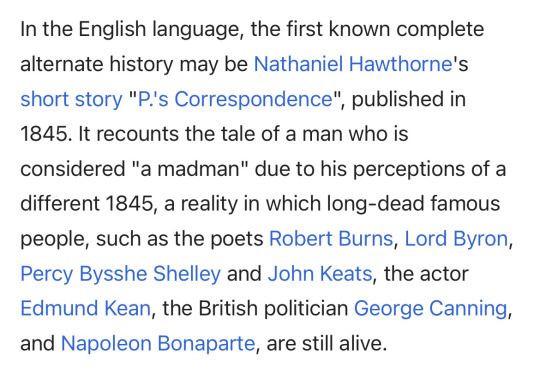
Of course I've known that there have been a bunch of historical fiction & alternate history novels made about the Romantics throughout time (maybe most famously Henry James' Aspern Papers in 1888). BUT I DIDN'T KNOW THEY WERE RESPONSIBLE FOR INSPIRING THE WHOLE SUBGENRE!!!
The Romantics/Georgians were so iconic they inspired their fans to invent historical fanfiction over a hundred years ago & we're still writing it... their impact...!!!
But tbf I should have known Byron would be involved somehow because most roads of modern literature often point back to him & his cult of personality — & practically everyone who knew him or was inspired by him ended up writing books about him, whether fiction or nonfiction.
131 notes
·
View notes


